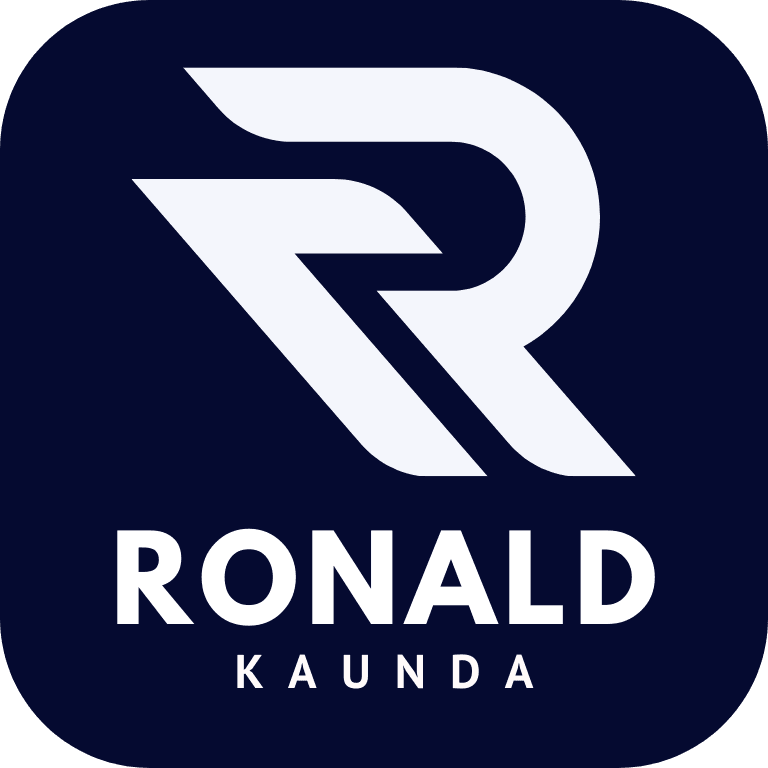In this essay, I discuss the issue of language policy in education. The discussion was motivated by a conversation I had with my child. I was speaking to him in Bemba which is my mother tongue until I asked him about what they learned at school. He could not explain to me in Bemba.
He could not explain anything in my language, so he had to switch to English, the language in which his education was given.
It was very interesting for me to note that a language in which knowledge is transferred has a huge bearing on how the recipient will use that knowledge and how they will transfer or pass it on to the next person or next generation.
In countries in which colonialism took place, the language policy and the teaching of literacy favoured the colonisers’ language, even though it was a minority language. This language became dominant and was used in government administration and in education. This led to pushing Indigenous languages to the periphery in education circles.
Unfortunately, this phenomenon has continued even though territorial occupation has changed into imperialism, the neo-colonialism, Indigenous languages have non chance in the classroom.
Ubuntu Worldview
A language carries a worldview of a people. That worldview embodies knowledge and everything that is to be leaned and how it is to be learned. This what makes language a very powerful tool for education. In precolonial Africa, the philosophy of education was captured in the Ubuntu worldview advocating for connections among people and their physical and spiritual world.
The universe is theocentric, holistic, and pronatalist in social thought and value orientation. These three domains share a mutual and intricate coexistence and connection. In fact, people of sub-Saharan Africa, ‘live a communal life based on a connection that stretches from birth to death, continues beyond death, and extends to the living and the non-living’.
These connections form multiple relations that Sub-Sahara African people share within their communities, the environment and the non-living. Such relations form a basis for knowledge creation and knowledge transfer from the older generation to the younger one.
Therefore, understanding early childhood education in precolonial Africa consists of understanding the fabric of life in which the self, nature and the social are bound together. From this perspective, the universe is based on the totality of life and the interdependency that exists between people, nature, and the cosmic environment.
Language Policy in Indigneous African Communities

Indeed, to pass the knowledge in the worldview explained above, one needs a language that is capable of describing the world in which children grow up.
Ngugi wa Thiong’o once wrote:
“The language, through images and symbols, gave a view of the world, but it had a beauty of its own. The home and the field were then our pre-primary school but what is important, for this discussion, is that the language of our evening teach-ins, and the language of our immediate and wider community, and the language of our work in the fields were one. And then I went to school, a colonial school, this harmony was broken. The language of my education was no longer the language of my culture”.
This quote from Thiong’o means that its hard to teach Indigenous knowledge using english. No wonder the education Africans receive prepares them for a western life they do not have.
Conclusion
If education will improve in Africa, the language policy should change to favour African children.







